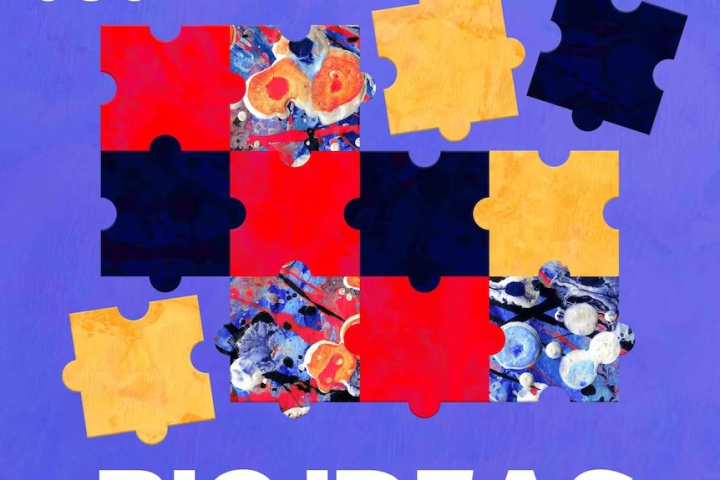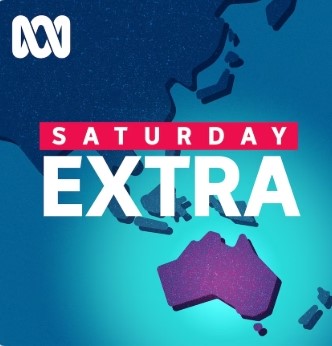Dealing with disqualifications will require constitutional amendment, says head of panel on electoral matters.
The inquiry examining the citizenship crisis in Australia’s parliament is considering the use of a random assembly to decide how best to repeal or replace the constitution’s disqualification of dual citizens.
Linda Reynolds, chair of the joint standing committee on electoral matters (JSCEM), said on Friday it was becoming “very clear” to the inquiry that dealing with the disqualifications in section 44 of the constitution would require constitutional amendment.
The committee took evidence from the New Democracy Foundation, a not-for-profit organisation that is developing the jury model to help solve public policy questions.
The jury model involves inviting Australians to put their hand up for service, then randomly selecting a group, controlling for factors such as age, sex and home ownership in the same manner that opinion polls draw together representative samples.
The group of up to 50 or 100 citizens then hears from experts, develops solutions and writes a report.
Reynolds told the hearing on Friday that fixing section 44 – which prohibits foreign citizens from sitting in parliament – was “a very hard challenge” for politicians because the public sees the issue as their failure to “fix [their] own paperwork”.
“The approach you’re talking about – we’re actually discussing how could we achieve public support for a referendum on this issue,” Reynolds said.
Andrew Giles, JSCEM deputy chair, said the government “could and should do more” on issues that went to how democracy operates to “open up decision-making to a wider group of citizens”.
“Personally, subject to our executive government masters and my colleagues, I think it’s something we should be looking at,” he said.
New Democracy founder Luca Belgiorno-Nettis said it had met Reynolds and Giles before returning with the proposal to use the citizens’ jury model to help deliberate on policy questions, including the proposed ban on foreign donations.
The New Democracy executive director, Iain Walker, told the committee the citizens’ jury was a valuable consultation exercise given the public would perceive that JSCEM had a “conflict” because politicians were seen to act “as both poacher and game-keeper”.
Guardian Australia understands JSCEM members will recommend administrative reforms to help candidates comply with section 44 but are unlikely to put the Australian Electoral Commission in charge of testing their eligibility.
Legislative changes cannot fix the citizenship issue because – as constitutional experts such as Anne Twomey have warned – foreign law determines if a person is a foreign citizen and parliament “can’t legislate in a way to remove the application of the constitution”.
JSCEM is due to report by the middle of the year but is likely to come back sooner, recommending either complete repeal of section 44 or its amendment, so that parliament, not the constitution, sets the disqualifications.
By Paul Karp, The Guardian, Sat 3 February 2018
Photograph: Mike Bowers for The Guardian
Joint Standing Committee on Electoral Matters.
newDemocracy Evidence, 2 February 2018.




